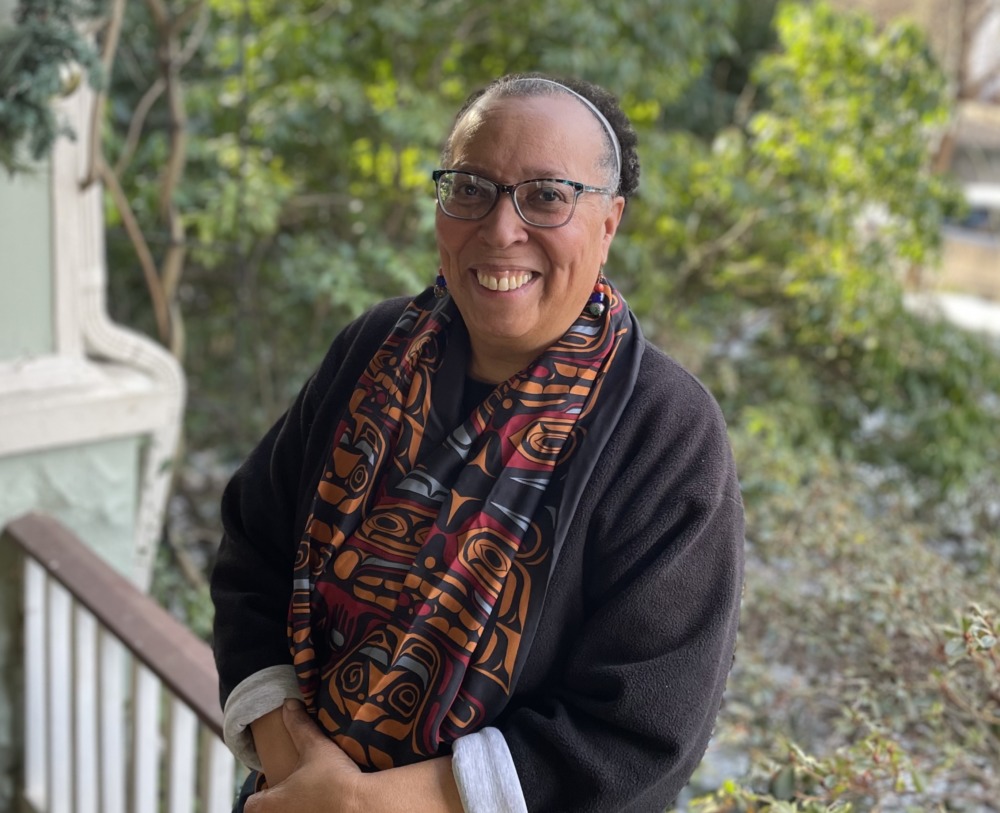I’m not a school safety specialist. But I was struck by the juxtaposition of two recent stories regarding presence of sworn police officers — often called school resource officers or SROs — in two different districts.
 In Madison, Wisconsin, the school board unanimously voted to end its contract with the police department following the murder of Georgia Floyd. Since then, parents, students and educators have raised concerns about an increase in school violence that coincided with replacing police with restorative justice coordinators called “climate coaches.”
In Madison, Wisconsin, the school board unanimously voted to end its contract with the police department following the murder of Georgia Floyd. Since then, parents, students and educators have raised concerns about an increase in school violence that coincided with replacing police with restorative justice coordinators called “climate coaches.”
Minneapolis school board members also voted to remove armed police from schools and replaced them with “safety support specialists,” but with a different, more positive outcome, teachers and school officials told Youth Today. Preliminary data shows fewer students were disciplined, and students responded positively to the changes in surveys.
My gut said that the differences stemmed from more than the job titles of the replacement roles, and instead had everything to do with job expectations. In Minneapolis, where the switch was seen as positive, leaders emphasized that:
- The system employing the staff matters. SROs are law enforcement officers who work for the police department. They carry guns, which is intimidating. And they have a duty to uphold the law. Before police were removed from schools, “If a parent showed up and said they wanted to press charges on an eighth-grader who pushed another eighth-grader … at the end of the day there was nothing we could do to stop that,”said Jason Matlock, the district’s director of emergency management, safety and security. Safety support specialists are school district employees with more discretion regarding de-escalating conflicts.
- The attitudes, skills and experience of the staff matter. Many of the new school safety staff live in the community and have personal connections to the schools where they work because they or their children attended. And many, while now unarmed, have a law enforcement background.
- Diversity matters. Working outside the police department means the district has been able to recruit a more racially diverse staff that better reflects the student population.
- Connections to community matter. “School staff have received training aimed at helping them strengthen ties between classrooms and communities; create shared agreements on how students and others at the school treat each other; and help students understand the impacts of their behaviors,” the article reported.
In Madison, where the removal of police from schools has been more fraught, school community members shared similar sentiments about the officers who had left.
- The attitudes, skills and experience of the staff matter. A parent reported that their SROs were student mentors, “building relationships and de-escalating conflict and … proving that you don’t need a badge or a gun to interact with young people who may be having a rough time.”
- Connections to community matter. The minority services coordinator at a high school reported that their SRO’s connection to law enforcement was a plus because they knew what happened outside of school and could work with the principal to intervene before problems arose.
- Diversity matters. A former prosecutor, reflecting on the loss of four Black male school resource officers, credited them with bringing a “unique approach to school safety” because they were better able to handle evolving conflicts by getting to know the kids and families, and they had the authority to intervene before kids were suspended for being disrespectful to staff.
One former SRO who spent half of his 10 years with the Madison Police Department at a local high school, pointed to several accomplishments from his time there: He started the school’s Black Student Union, took students on tours to historically Black colleges and universities and wrote the SRO guidelines.
His assessment was simple. By seeking to move away from traditional policing to restorative justice, he said the school district went too far in the other direction.
“We went from one extreme to the next, missing a valuable piece of this and wondering why we’re not getting anywhere,” he said. “SROs have more leverage than coaches … You need teeth and muscle.” His concern was that as incidents escalate that are beyond the coaches’ ability to handle, police who have no connection to the school will be called in, and citations and arrests will increase.
The positive relationship between Madison’s school police, students and parents may be an outlier. And the spike in fights and conflict at the district’s schools coincided with the return of students to in-person learning following a year of pandemic lockdowns and stress.
But there are lessons to be learned from both stories. Whatever their titles and organizational homes, the staff responsible for ensuring student and school safety need to be:
- recruited from a talent pool that is similar to the backgrounds of the students and families.
- experienced and trained in the relevant approaches for addressing problems and promoting engagement and problem-solving.
- placed in programs with supervisors that provide ongoing support, guidance and leadership.
- encouraged to make connections to students, staff, administrators, families and community members.
These themes should not be surprising. They have been the non-negotiable tenets of positive youth development programs for decades, dating back to the settlement house movement of the late 1800’s.
SROs, mentors, outdoor educators, soccer coaches, youth librarians may not think of themselves as being in the same business, but they are if families and young people find them effective. It is time to return to our positive youth development roots and ensure that we are supporting consistent, asset-based practices and mindsets for all adults working with young people.
***
Karen Pittman is a partner at KP Catalysts and the founder and former CEO of the Forum for Youth Investment.






























